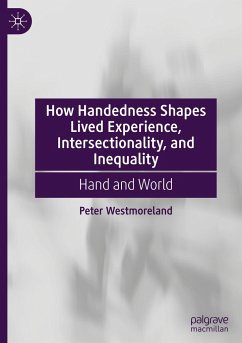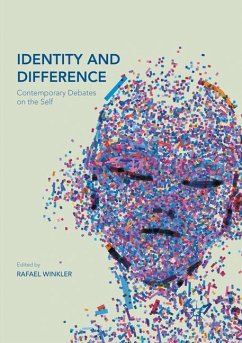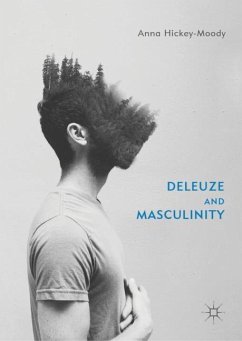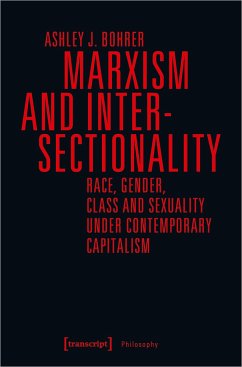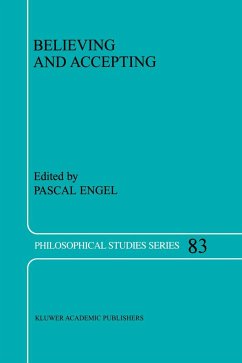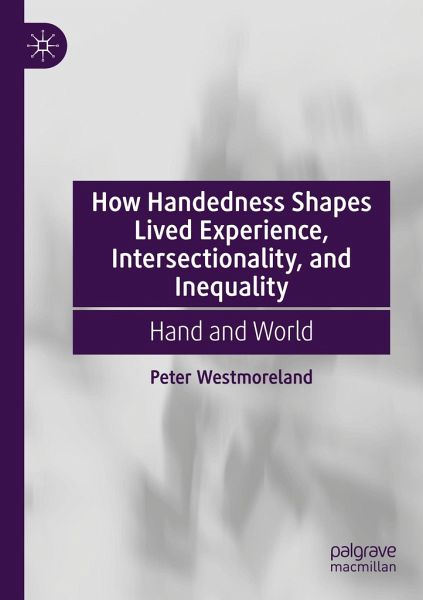
How Handedness Shapes Lived Experience, Intersectionality, and Inequality
Hand and World
Versandkostenfrei!
Versandfertig in 6-10 Tagen
91,99 €
inkl. MwSt.
Weitere Ausgaben:

PAYBACK Punkte
46 °P sammeln!
This book delivers philosophy's first sustained examination of handedness: being left-handed, right-handed, etc. It engages literature from phenomenology and continental philosophy, analytic philosophy, laterality studies, cognitive science and psychology, gender studies and feminist philosophy, sociology, political science, and more to provide a systematic accounting of the nature of handedness, its basis in lived experience, its effects on bodily performance, its role in varieties of inequality, and its part in oppression and liberation.As a radical asymmetry in the body, handedness plays a ...
This book delivers philosophy's first sustained examination of handedness: being left-handed, right-handed, etc. It engages literature from phenomenology and continental philosophy, analytic philosophy, laterality studies, cognitive science and psychology, gender studies and feminist philosophy, sociology, political science, and more to provide a systematic accounting of the nature of handedness, its basis in lived experience, its effects on bodily performance, its role in varieties of inequality, and its part in oppression and liberation.
As a radical asymmetry in the body, handedness plays a key role in human flourishing. It informs both personal bodily movement and social life, from handshakes and high fives to high tech tools made for one hand or the other. Moreover, with left-handers making up just 10% of the population, handedness presents a significant inequality in lived experience. To live and live well, we must understand handedness.
As a radical asymmetry in the body, handedness plays a key role in human flourishing. It informs both personal bodily movement and social life, from handshakes and high fives to high tech tools made for one hand or the other. Moreover, with left-handers making up just 10% of the population, handedness presents a significant inequality in lived experience. To live and live well, we must understand handedness.



